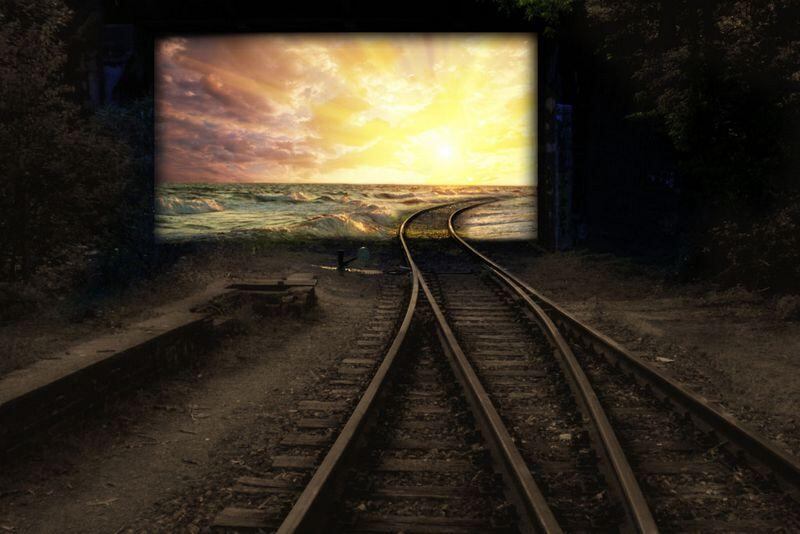Times of economic turmoil lead many people to decide to reinvent themselves and seek to pursue careers that involve activities they already love to do. But making that transition can be tricky, says Herminia Ibarra, a professor of organisational behaviour at INSEAD in Paris. For those seeking change, she offers a few tips on making that journey: Act your way into a new way of thinking and being. You cannot discover yourself through introspection. Ms Ibarra suggests that instead of "looking inside", as many self-help manuals and career counsellors would advise, you should "step out".
"Don't try to analyse or plan your way into a new career," she says. "Try different paths ? and then use the feedback from your actions to figure out what you think, feel and want." Stop trying to find your one true self. Focus your attention on which of your many selves you want to test and learn more about. While reflection can be important, Ms Ibarra says many can use that process as a crutch, a defence against testing reality. Reflecting on who we are, she says, is less important than probing whether we really want what we think we want. "In failing to act, we hide from ourselves."
Allow yourself a transition period in which it is OK to oscillate between holding on and letting go. Better to live the contradictions than to come to a premature resolution. Ms Ibarra says career transitions often take years to fully play out. In the meantime, she counsels patience and avoiding making a quick decision. Those who try to short-circuit the process often just end up taking longer. Resist the temptation to start by making a big decision that will change everything in one swoop. Use a strategy of small wins, in which incremental gains lead you to more profound changes in the basic assumptions that define your work and life.
Accept the crooked path. There is unlikely to be one "lever" that, once pushed, ushers in profound change. Changing careers often means re-examining long-held notions in personal life as well, Ms Ibarra says. "Forget about moving in a straight line," she says. "You will probably have to cycle through a few times, letting what you learn inform the next cycle." Identify projects that can help you get a feel for a new line of work or style of working. Try to do these as extracurricular activities or parallel paths so that you can experiment seriously without making a commitment. "Think in terms of side projects and temporary assignments," Ms Ibarra suggests. Pursue a variety of projects so that you can compare and contrast experiences before you start to narrow your options.
Don't just focus on work. Find people who are what you want to be and who can provide support for the transition. But don't expect to find them in your same old social circles. Branch out. "Look for role models: people who give you glimpses of what you might become and who are living examples of different ways of working and living," she says. "Many of us seek to change not only what we do; we also aspire to work with people we like and respect and with whom we enjoy spending our precious time."
Don't wait for a cataclysmic moment when the truth is revealed. Use everyday occurrences to find meaning in the changes you are going through. Practice telling and retelling your story. Over time, it will clarify. Turning points, if they come, arrive towards the end of a transition process. "What you make of events is more important than the events themselves," Ms Ibarra advises. Practice telling your story in different ways to different people, friends and sceptics alike, in much the same way you would revise a CV and cover letter for different jobs.
Step back. But not for too long. Everyone needs a break. If you feel stuck or at loose ends, stepping back for a day can "remove the blinkers of habit", Ms Ibarra says. "But don't stay gone too long, or it will be hard to reel yourself back in." Change happens in bursts and starts. There are times when you are open to change and times when you are not. Seize opportunities. Take advantage of what Ms Ibarra calls "natural windows", milestones such as birthdays, the time right after finishing a project or an educational programme, as starting points for the new you. But watch out, she adds, for the insidious effects of old routines.
ashah@thenational.ae





